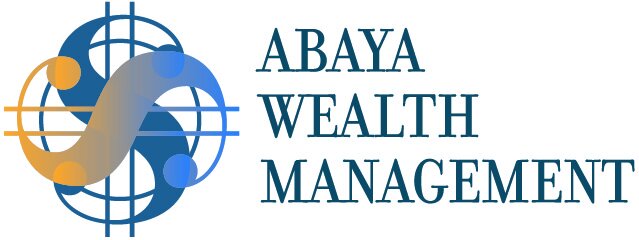Retirement Savings Options for Small Business Owners
Preparing for the future is crucial! In our younger years, we can work to earn money for expenses, utilizing our physical and mental capabilities as capital. However, as we age, our bodies and minds become less productive, yet our need for financial resources persists. This is where retirement savings prove invaluable. If you are a small business owner, establishing a retirement account is essential! Two options available to you are an individual 401(k) or a SEP IRA.
Both individual 401(k)s (also known as solo 401(k)s) and SEP IRAs are retirement savings plans designed for self-employed individuals and small business owners. However, they have some key differences that can make one a better choice for you than the other. Here's a breakdown for 2024:
Contribution Limits:
Individual 401(k): You can contribute both as an "employee" and an "employer." As an employee, you can contribute up to $23,000, or $30,500 if you're 50 or older (catch-up contributions). As an employer, you can contribute up to 25% of your net adjusted self-employed income. The total contribution limit for 2024, combining both employee and employer contributions, is $69,000 ($76,500 including catch-up contributions).
SEP IRA: You contribute only as an employer, up to 25% of your net adjusted self-employed income, with a maximum of $69,000 for 2024. There are no catch-up contributions.
Contribution Flexibility:
Individual 401(k): Offers more flexibility. You can adjust your contributions throughout the year, depending on your income and financial situation.
SEP IRA: Less flexible. Contributions are generally made once a year, by the business's tax filing deadline.
Investment Options:
Individual 401(k): Typically offers a wider range of investment options, including stocks, bonds, mutual funds, and ETFs.
SEP IRA: Investment options may be more limited, depending on the provider.
Which is right for you?
Higher income, want more control: An individual 401(k) likely offers greater flexibility and higher contribution potential, especially if you're maxing out the employee contribution portion.
Simplicity and ease of administration: A SEP IRA might be simpler to set up and manage, particularly if you prefer a straightforward approach.
Important Notes:
"Net adjusted self-employed income" is calculated differently than your total business income. It's generally your business profit minus half your self-employment tax and your SEP IRA contribution itself.
Always consult with a Certified Financial Advisor® to determine the best retirement savings plan for your specific circumstances.
If you haven’t set up a retirement plan, now is the perfect time! I can’t stress how much your future you will thank you! Please share this post with any small business owners you may know. And as always, feel free to contact me with any questions.
